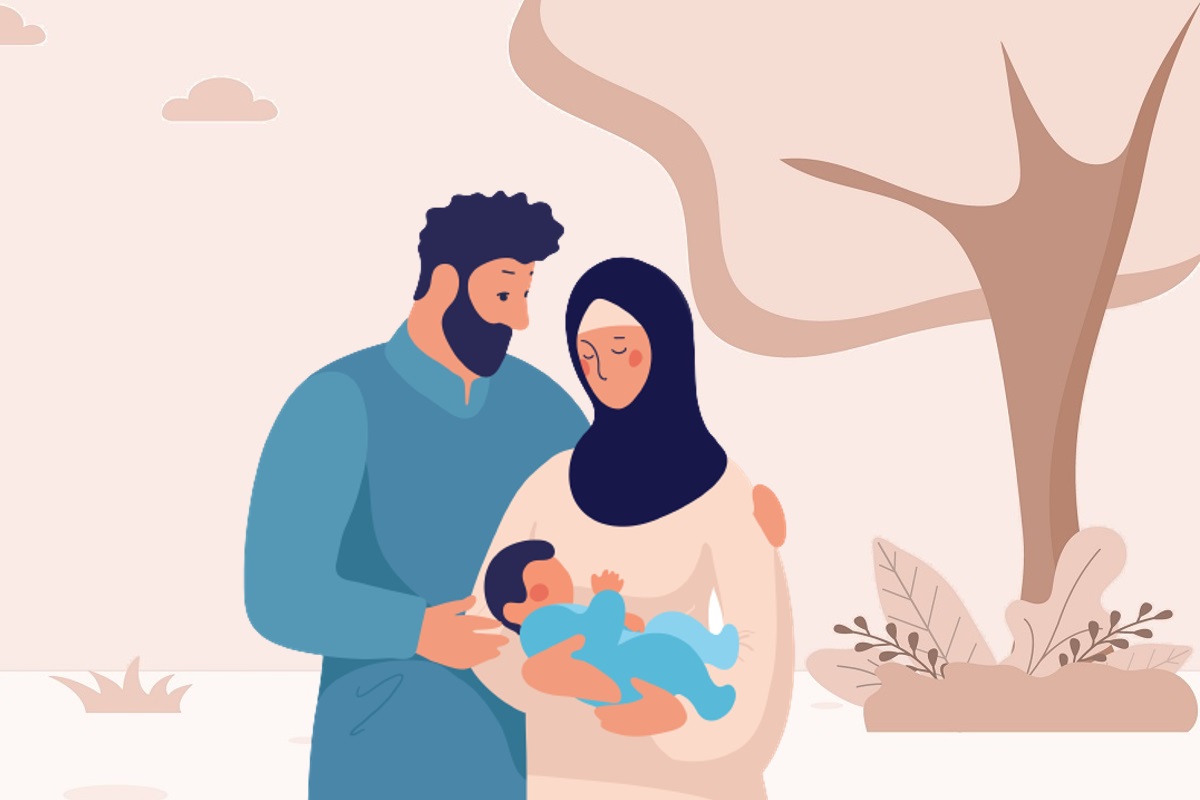
December 12, 2023
Research Snapshot: Gaps in Employment Protections for Pregnant Migrants in Canada
Summary of a study on women who were pregnant or gave birth while having precarious immigration status
December 12, 2023
As definitions and meaning of citizenship evolve to become more inclusive of gender, sex, or class, previously excluded activities—such as family care and reproduction (i.e., giving birth to or adopting children)—are becoming accepted as practices of citizenship. This is known as “reproductive citizenship,” where reproducing citizens through marriage or household formation is supported through privileges and entitlements, like healthcare and childcare. Reproductive citizenship also includes government regulations about with whom a person may have children, and under what legal and social conditions. Some migrants have “precarious immigration status.” This means that these people have some form of immigration status that does not allow them to stay permanently in Canada, such as a refugee claimant or temporary worker.
This study examines how citizenship and reproduction intersect through the stories of women who were pregnant or gave birth while having precarious immigration status.
This research builds on our growing understanding of the Family Identity component of the Vanier Institute’s Family Diversities and Wellbeing Framework.
Larios, L. (2022). Precarious reproductive citizenship: Gaps in employment protections for pregnant precarious status migrants in Canada. Citizenship Studies, (27)1, 19–37. https://doi.org/10.1080/13621025.2022.2073970
Stay in the know
InfoVanier
A monthly newsletter of research, resources, and events
Linktree
Get alerts on new Vanier Institute publications, events, and announcements
